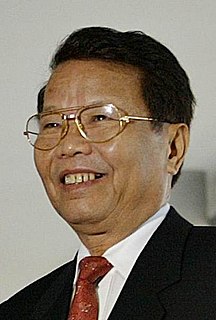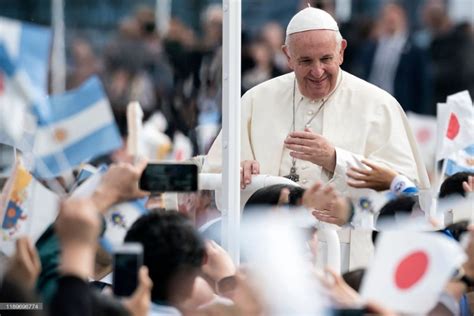A Quote by Helen Clark
As New Zealanders, we've been in on the United Nations from the very beginning, played a role in the drafting of the charter - it means a lot to us that those processes are followed.
Related Quotes
For all the civilians saved thanks to the presence of peacekeepers, there have been those who were lost - the United Nations personnel who sacrificed their lives for a noble cause. Even as we mourn our fallen colleagues, we are all uplifted by their unflinching commitment and are inspired to strive even harder for the collective cause so eloquently envisaged in the United Nations Charter: a world free from the scourge of war.
There are many who criticise the United Nations. And those of us who know this institution well know that it is not immune from criticism. But those who argue against the United Nations advance no credible argument as to what should replace it. Whatever its imperfections, the United Nations represents a necessary democracy of states.
It was just one year ago that the world saw this new, invigorated United Nations in action as this Council stood fast against aggression and stood for the sacred principles enshrined in the U.N. Charter. And now it's time to step forward again, make the internal reforms, accelerate the revitalization, accept the responsibilities necessary for a vigorous and effective United Nations. I want to assure the members of this Council and the Secretary-General, the United Nations can count on our full support in this task.
The attack upon Korea was an outright breach of the peace and a violation of the Charter of the United Nations. By their actions in Korea, Communist leaders have demonstrated their contempt for the basic moral principles on which the United Nations is founded. This is a direct challenge to the efforts of the free nations to build the kind of world in which men can live in freedom and peace.
The United Nations' founders understood that decisions affecting war and peace should happen only by consensus, and with America's consent, the veto by Security Council permanent members was enshrined in the United Nations Charter. The profound wisdom of this has underpinned the stability of international relations for decades.
The '60s and '70s - I grew up in the Haight-Ashbury - people around me were going to school by day and all night long having these incredibly exciting meetings, mobilizing, marching, drafting statements. It was very intoxicating. It was very energizing. We've really forgotten a lot of those skills. Or they haven't been transmitted. It's useful to the people controlling us to have those skills not be available.
We have before us the opportunity to forge for ourselves and for future generations a new world order, a world where the rule of law, not the law of the jungle, governs the conduct of nations. When we are successful, and we will be, we have a real chance at this new world order, an order in which a credible United Nations can use its peacekeeping role to fulfill the promise and vision of the U.N.'s founders.
In no circumstance would the United States or any other nation have the right to mount a military invasion to overthrow another government for the ostensible purpose of achieving disarmament. Rather, the United States would respect the Charter of the UN and would strive to achieve disarmament and settle the differences among nations through peaceful diplomatic means.
A World Parliamentary Assembly functioning outside the United Nations, or a United Nations Parliamentary Assembly set up as a subsidiary body of the General Assembly pursuant to article 22 of the UN Charter, could start initially as a consultative body and gradually develop into a legislative assembly.
We are beginning to see practical support. And this is a very significant sign of the movement towards a new era, a new age.... We see both in our country and elsewhere... ghosts of the old thinking.... When we rid ourselves of their presence, we will be better able to move toward a new world order...relying on the relevent mechanisms of the United Nations.
The only role other than paying their taxes, whatever those are, the only role for philanthropy broadly - of which the rich should give disproportionately - the more, the better - and I think there is a positive trend in that direction - there are certain risk-taking things, like trying out a new type of charter school or funding a new kind of medicine.










































